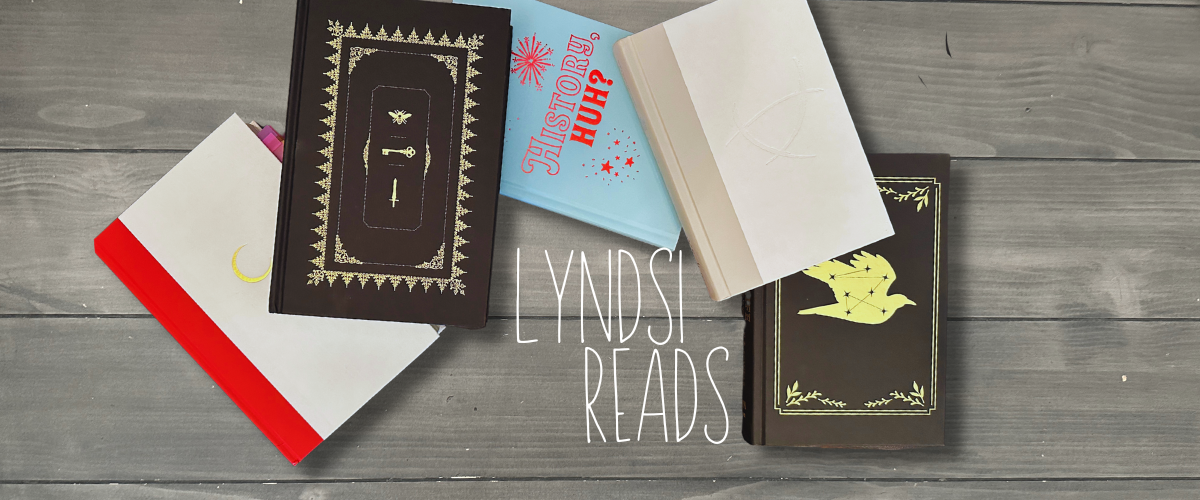I initially heard of this book, Platonic: The Surprising New Science of Making – and Keeping – Friends as an Adult through Laura Tremaine’s Instagram. Laura speaks a lot about friendship and as someone who wants to be a better friend and maybe even find new ones, I was immediately interested.

From Goodreads:
A lively, data-driven guide to finding your people from psychologist Dr. Marisa G. Franco about the (sometimes surprising) science behind making friends, maintaining them, and building connections of ALL sorts in an era of social fragmentation and rampant loneliness.
Loneliness is an epidemic, in part due to a culture that prioritizes romance at the expense of all other relationships. But in fact, science shows that platonic friendships are a crucial–possibly THE crucial–key to shaping who we are and how we can become our happiest, most fulfilled selves. So how do we nurture meaningful relationships in an era of distraction, burnout, and chaos?
Just as economist Emily Oster (Crib Sheet) breaks down the science of child-rearing by countering fables with facts, psychologist and professor Marissa G. Franco unpacks the latest (often counterintuitive) findings about friendship–for example, why your friends aren’t texting you back (it’s not because they hate you!), and the myth of “just showing up” (you need to bring more than your mere presence to the table to make real friends!). Forging lasting bonds with other people isn’t rocket science…but it does take work, and there are research-based ways to improve the number and quality of your connections. The good news: the benefits can be massive to not just our sense of wellbeing but also to our physical health.
With vivid, relatable storytelling bolstered by the latest psychological research, Platonic provides a clear and actionable blueprint for understanding and conquering the barriers that keep you from forging strong, lasting connections with others. In short, Platonic will give you permission to hold friendship in the highest regard–because it deserves to be.
Thoughts
I went into Platonic: The Surprising New Science of Making – and keeping – Friends as an Adult excited to learn more about friendship. I wasn’t disappointed. Since my boys are in high school/college, I no longer have the benefit of proximity/exposure (baseball team moms, school functions, etc) to help with friendships. And those friendships that began through that proximity/exposure, now need intention to be maintained and flourish. The information provided in this book gave me information and steps to build up current friendships and ways to start new ones.
I enjoyed the blend of anecdote and science, making it feel more like a story than a textbook. The first part of the book discusses the importance of platonic friendship. It was interesting to see how friendship has changed over the years – from the highest level of attachment and bonding, to almost an afterthought in our current society. She uses the framework of Attachment Theory to explain why we approach relationships in the way we do – from viewpoints of anxious attachment, avoidant attachment, and secure attachment. Our past relationships helped to form our attachment style – though we can demonstrate different styles with different relationships. I found that fascinating and determining my attachment style was eye opening.
The remainder of the book dealt with how initiate friendships and maintain them. Her use of anecdotes in this section helped me envision how I might utilize these tips in my own relationships. Most of the strategies, including vulnerability and being authentic are common sense (doesn’t mean they are easy though). Others were a little harder to wrap my head around, including affection and generosity, mainly due to my own struggles with showing and receiving affection/compliments, etc.
I found it fascinating how the Protestant work ethic/American individualism has weakened the bonds of friendship. While boundaries are important, the use of all or nothing boundaries is also doing more harm than good. Finding the balance between losing ourselves in others and not needing anyone is the work that needs to happen in our culture for friendships to become the grounding, community we need.
“if we want better friendships, it’s useful to turn the microscope back on ourselves, to assess “Do I make people feel safe? Do I show them I love and value them? Do I convey they they matter?”
Marisa G. Franco, PhD
Thanks to Netgalley and Penguin Group for the eARC. Pub date: Sept 6, 2022 – pre-order your copy now!



